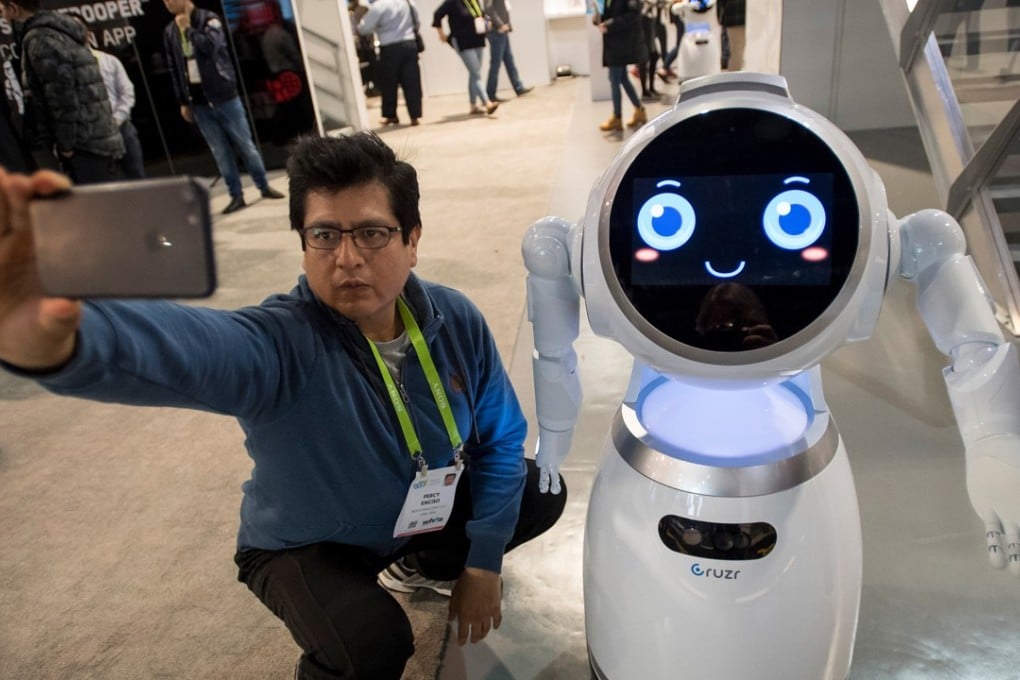Advertisement
The robots are coming to change how we work, so let’s train our youth to be adaptable
Vivek Pathak says automation, artificial intelligence and robotics will have a transformative – but unpredictable – effect on jobs and therefore we must ensure the next generation is flexible
Reading Time:2 minutes
Why you can trust SCMP
0

Artificial intelligence has everyone guessing how many jobs are at risk of replacement worldwide.
A McKinsey Global Institute report predicts about half of global work activities could be automated with currently demonstrated technologies. But the proportion displaced by 2030 is expected to be lower due to technical, economic and social factors.
Automation is hardly new. Machines helped countries like Korea, Thailand, Malaysia and China emerge from poverty through thriving manufacturing. Technology, in recent decades, has helped manufacturing raise output beyond imagination. Ten years ago, a denim factory employed hundreds of workers. Today, a garment manufacturing plant requires a fraction of that.
AI, robotics and automation affects production numbers exponentially in this sector alone. In 2009, 173.5 million smartphones were produced and shipped, compared to 1.5 billion in 2016. But automation will reverberate differently worldwide; rising incomes and consumption levels, especially in developing countries, with climbing health care needs and more infrastructure and energy investment, will create demand for work and help offset displacement. Many developing economies with growing middle classes need customer interaction, care provision, construction and education workers. Advanced economies will see a sharp drop in demand for physical labourers.
Services already claim an increased piece of the pie in most countries and this will continue. Small and medium-sized businesses need less bricks-and-mortar infrastructure, and capital costs can be reduced to a laptop and monthly internet.

Advertisement